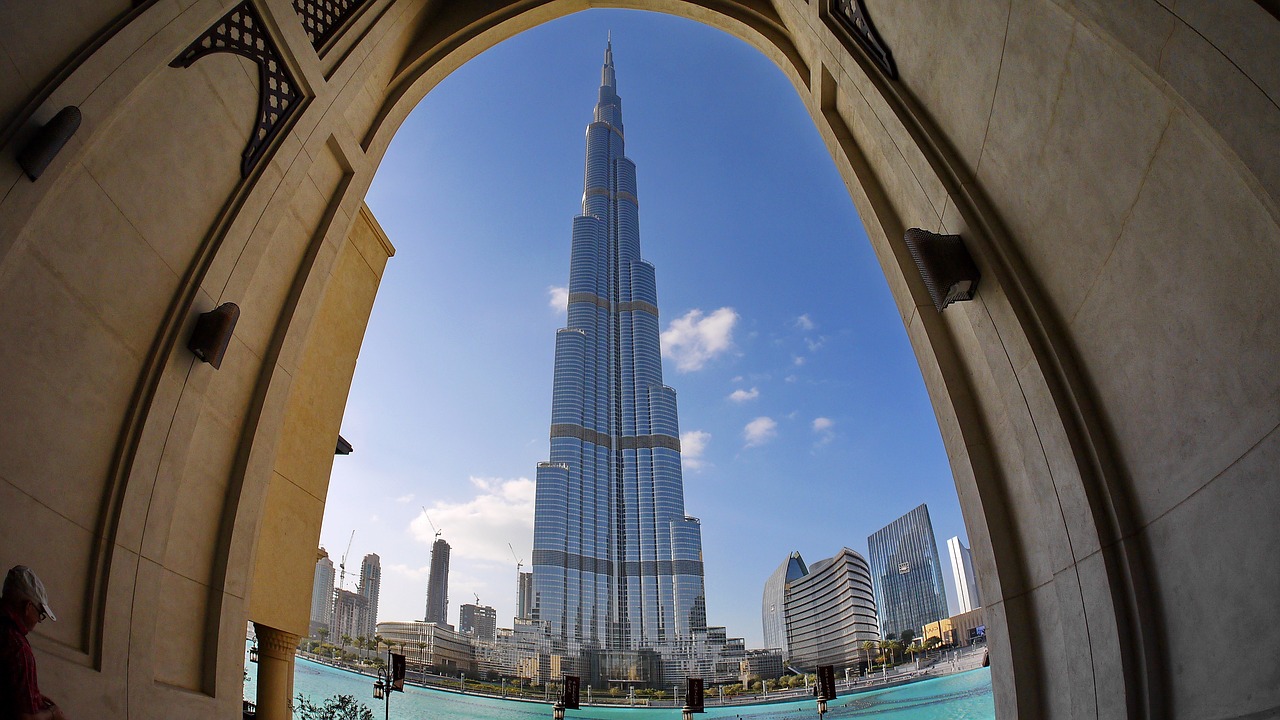Everybody knows it, but still nobody really realises that life is not eternal! You can’t control this general truth, what can be controlled is what happens when a person is no longer here anymore. A will is a document that determines who will be entitled to the assets upon the demise of that person and who is appointed as the legal representative to execute the document. By making a will, a person decides what should happen to all properties, possessions and money after they have passed away
Each country has different rules and regulations on inheritance matters. These are usually based on religious beliefs, customs, legal system, etc. Following this logic, the United Arab Emirates follow the principles of Sharia Law, as the law of the land. This is particularly important for the non-muslim expats residing in the UAE. Indeed, they may have a will made in their home country for their assets there, the problem is that those laws for inheritance may not apply to their assets in the UAE, unless they have a registered will recognized as per the UAE Laws.
Having a will is essential in order to protect your immediate family from unforeseen consequence. In an incident where an individual passes away, properties, companies, assets and family members could be affected; bank accounts would be immediately frozen, regardless of it being a joint or individual account. Besides, all dependents visas would be cancelled. The re-appropriation of assets may be unfavorable, or even worse, go out of the immediate family. Minor children could go to someone unfamiliar, and the local administration may have to intervene in the process. Parts of the estates may be distributed to extended family as well.
This is why a will is essential when residing in the UAE! To be able to protect family as well as assets in case of an undesirable event. There are two possible solutions: go by the Dubai Courts to be submitted to the Sharia Law system, or register a will at the DIFC Wills & Probate Registry (also called “the Registry”). This is a public entity of the Government of Dubai that provides a service to non-muslims in Dubai and Ras Al Khaimah, enabling these to pass on their assets and/or appoint guardians for their children, in accordance with the instructions in their wills.
Under both systems of law, a will needs to be drafted. Some specialists would say it is the most important step of the process. It has to be well done, because the smallest mistake could tie up assets in long and tiresome legal battles for the family. The Registry does not provide any will-writing services, meaning you have to be ready to write it yourself. A legal consultant from your home country could draft the will, but make sure it is also vetted by a UAE expert. All the documents submitted to the Dubai Courts must be translated in Arabic by an approved legal translating center, which has to be registered with the Court and Ministry of Justice. Although, it is not the case for the the DIFC Wills & Probate registry, the documents can be submitted in English.
For the execution of the will, one can designate their spouse, or another immediate family member. This includes children if they are above 21 years old. This is a very complicated task to handle, coming with a lot of stress, ensure the appropriate person is chosen.

